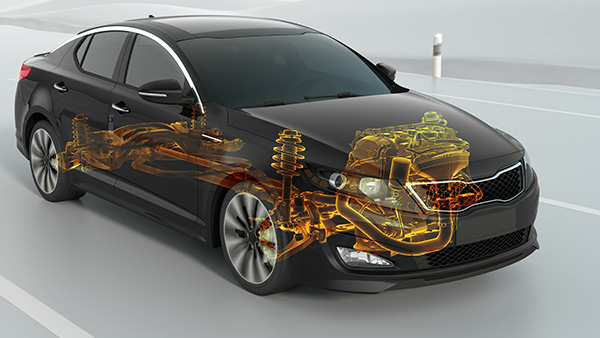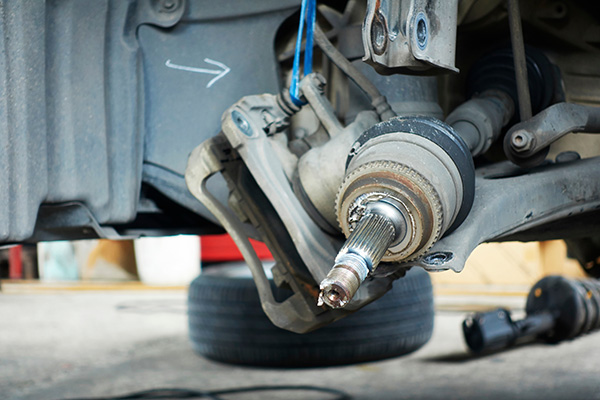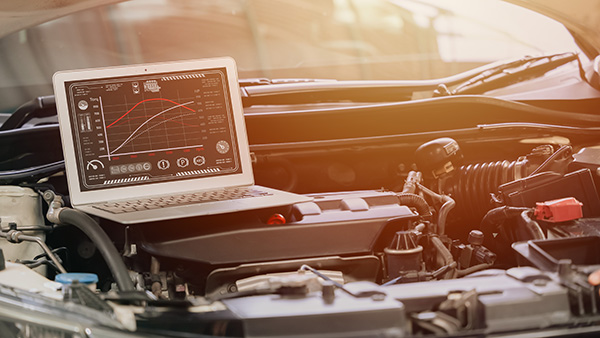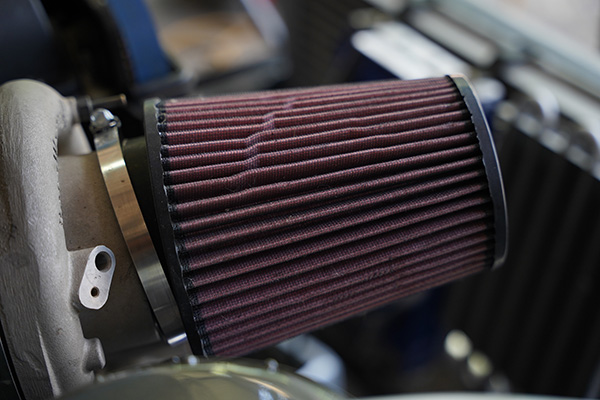Posted on 7/26/2024

Teenagers finally getting their driver's license often experience a sense of newfound freedom and independence. However, this exciting milestone comes with significant responsibility. New drivers, especially teenagers, are more susceptible to certain dangerous driving habits that can lead to accidents and serious injuries. Let's tackle the five most hazardous habits teenage drivers must avoid to stay safe on the road. 1. Distracted DrivingWhy It's Dangerous Distracted driving is the leading cause of accidents among teenagers. Whether texting, eating, fiddling with the radio, or talking to passengers, taking your eyes off the road, even for a few seconds, can be catastrophic. Statistics show that teens are more likely to engage in distracting activities than older drivers. How to Avoid It Develop a habit of putting your phone in "Do Not Disturb" mode before starting the car. If you need to use your phone for na ... read more
Posted on 6/27/2024

Ever wondered what makes your car move down the road? It's all thanks to the drivetrain, a complex system that works behind the scenes to transfer power from your engine to the wheels. Understanding what a car's drivetrain includes can help you appreciate its role in your vehicle's performance and keep it running efficiently. Let's take a closer look at the key components that make up this essential part of your car. The Engine The drivetrain's journey begins with the engine, it burns fuel to create mechanical energy, which is then converted into motion. Think of the engine as the heart, pumping power through the rest of the drivetrain. Maintaining a healthy engine is crucial because, without it, your car wouldn't move at all. Regular oil changes, tune-ups, and inspections are vital to keep this component in top shape. The Transmission Next up is the transmission, which can be considered the gearbox wizard. It takes the ener ... read more
Posted on 5/28/2024

Have you ever noticed a clicking noise coming from your car when you make a turn? It's a common issue that many drivers encounter, and while it might not always indicate a severe problem, it's important to understand what could be causing it, the reasons behind these clicking sounds, and what you can do to address them. Common Causes of Clicking Sounds While Turning When your car emits clicking noises while turning, it can be unsettling. Knowing the possible causes behind these sounds can help you address the issue promptly and ensure your vehicle's safety and performance. Worn or Damaged CV Joints One of the primary issues behind clicking noises during turns is worn or damaged CV joints. These essential components of the drivetrain facilitate power transmission to the wheels while accommodating the suspension's up-and-down movement. If CV joints wear out or sustain damage, they can emit clicking or popping sounds, particularly noticeable during tur ... read more
Posted on 4/27/2024

Have you ever wondered what makes your car's engine tick? Behind the scenes, there's a small but mighty component called the Engine Control Unit (ECU) that plays a pivotal role in your vehicle's performance. How does it work, and why is it essential for modern automobiles? The ECU is Your Car's Brain At its core, the Engine Control Unit (ECU) serves as the brain of your vehicle's engine and is responsible for monitoring and controlling various engine functions. From fuel injection timing to ignition timing and air-fuel mixture ratios, the ECU plays a crucial role in ensuring optimal engine performance under all driving conditions. The Inner Workings of the ECU Inside the ECU is a complex network of sensors, microprocessors, and software algorithms working harmoniously to analyze data and make real-time adjustments. Sensors throughout the engine and exh ... read more
Posted on 3/28/2024

In the realm of automotive customization, aftermarket parts offer a vast playground for car enthusiasts to tailor their vehicles to personal preferences. However, a pressing question looms: do these modifications elevate or depreciate your car's resale value? Personalized Touch or Depreciation Dilemma? Aftermarket parts encompass a wide array of enhancements, including upgraded exhaust systems, custom rims, performance chips, and cosmetic alterations. While these modifications can undoubtedly amplify the driving experience and aesthetic appeal, their effect on resale value is a nuanced consideration. Enhancements that May Boost Resale Value: Performance Upgrades: Upgrading your car's performance can appeal to prospective buyers, especially if the enhancements improve horsepower, fuel efficiency, or handling. Examples include aftermar ... read more